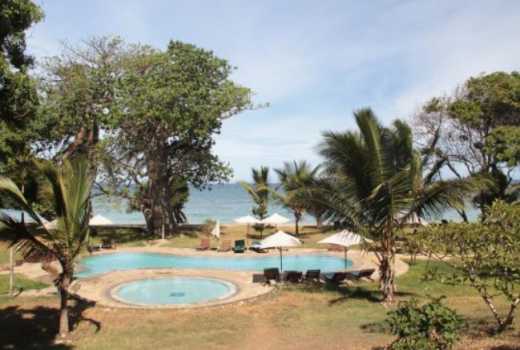×
The Standard e-Paper
Smart Minds Choose Us

Surrounded by an indigenous coastal forest in Ukunda and overlooking the Indian Ocean is Coral Beach Resort. It’s a family-run hotel that’s been in existence since the late 1970s.
Behind its vision is second-generation hotelier Sakayo Mwendwa Joshua, 42, and his wife Gloria Sakayo, who’s the managing director.






